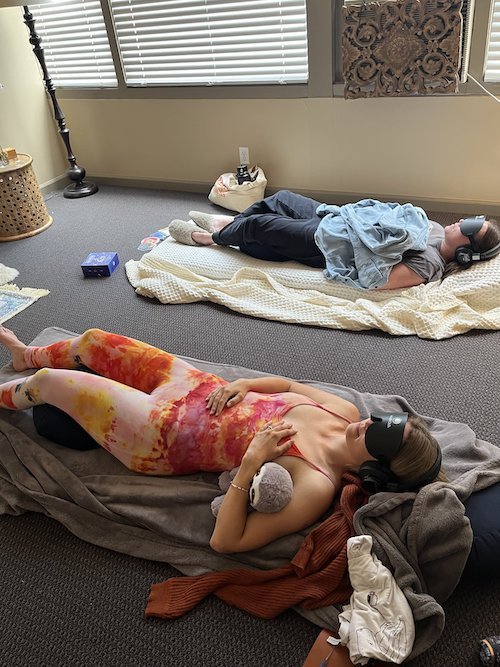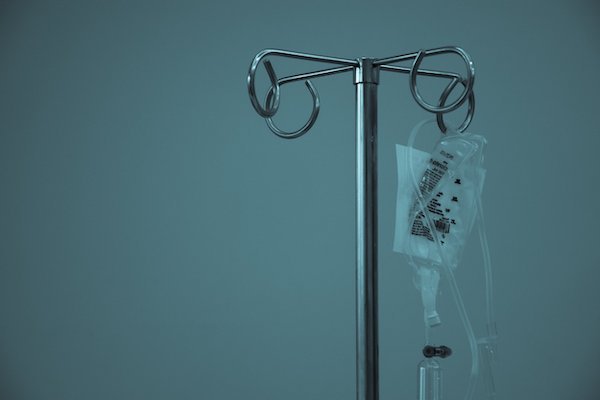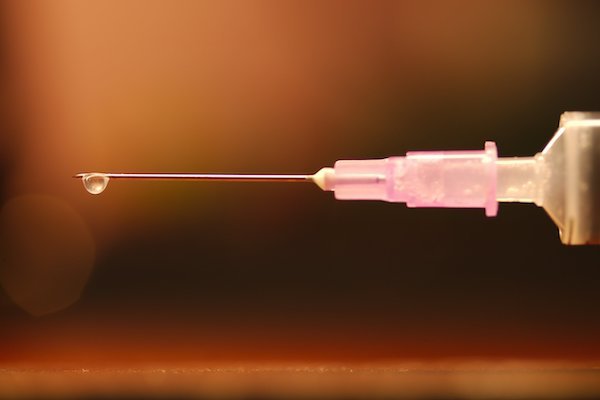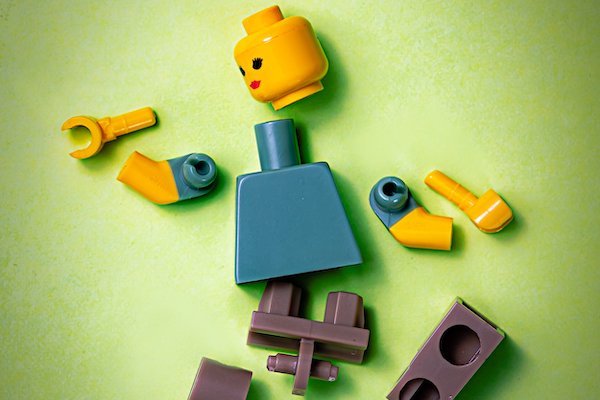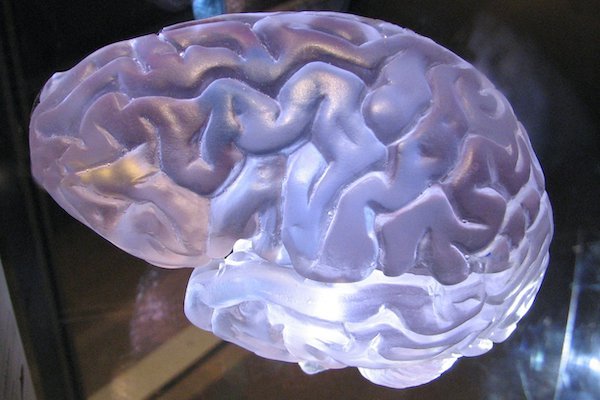
Ketamine Assisted Psychotherapy
Is The State Of Your Mental Health Preventing You From Living A Normal Life?
Have you tried multiple medications and seen several therapists for your depression, but nothing seems to work? Are you struggling to process past traumas and often feel as if you're reliving them— despite traditional therapy approaches? Do you find yourself trapped in a cycle of anxious thoughts and feelings, unable to find relief from constant worry and fear?
Maybe it’s become difficult to go about your daily life because you suffer from chronic pain. Or perhaps your mental health is being affected because of your history of substance abuse.
Deep down, you just want your life to feel normal again. What you desire is relief from your symptoms and peace of mind.
I understand that there is often a stigma surrounding seeking mental health treatment, and it's natural to have reservations about exploring alternative options like ketamine-assisted therapy. However, prioritizing your mental health and well-being is one of the most important steps you can take toward a brighter future. I am here to support you every step of the way.
What Is Ketamine Assisted Psychotherapy?
Ketamine therapy is a safe and effective treatment approach that combines the use of ketamine (an anesthetic) with therapeutic techniques to address a range of mental health conditions like anxiety and PTSD.
During sessions, you’ll be administered a controlled dose of ketamine in a supervised setting while being guided and supported through a therapeutic process. This allows you to access a deeper level of consciousness, facilitating introspection, emotional processing, and insight into your condition.
The History Behind Ketamine-Assisted Psychotherapy
Developed in the 1960s by Dr. Calvin Stevens, ketamine was first used as a safer option to phencyclidine (PCP) in anesthesia. Its dissociative effects and rapid onset of action soon caught the attention of researchers interested in incorporating it into psychiatry.
During the 1970s and 1980s, ketamine therapy was investigated for its potential in understanding consciousness and treating psychiatric conditions such as depression and PTSD. However, its use was limited and largely experimental during this time. It wasn't until the late 20th and early 21st centuries that ketamine-assisted psychotherapy gained recognition as a formal and highly effective treatment approach for mental health disorders.

My Approach To Ketamine Therapy
The Ketamine-Assisted Psychotherapy approach incorporates the following process:
1.
Medical Screening and Preparation Session
The initial step involves meeting with me for medical and psychosocial screening to ensure suitability for the ketamine therapy process. Once medically cleared, I will offer guidance on preparing for the first session and what to anticipate on treatment days, including discussing your dosage. Meeting with your regular psychotherapist can help facilitate and establish intentions for your journey.
2.
Treatment
Day
On the treatment day, your vital signs will be assessed upon arrival, and dosing will be confirmed. Optional but recommended, you'll be provided with a blindfold and noise-canceling headphones, with specially curated music for your experience. We'll dedicate time to setting intentions and addressing any queries or concerns. Once settled , the medication will be administered as an intramuscular injection unless you prefer oral medication.
3.
Integration and
Follow-Up Planning
These are integral parts of the process, involving incorporating insights from ketamine sessions into daily life. Neuroplasticity (the brain's ability to change) is highest 24 to 48 hours post-session, underscoring the importance of timely integration. Scheduling a therapy session within this timeframe is encouraged, where we can discuss further treatment planning. If you don’t have a regular therapist, our experienced and compassionate counselor can facilitate your integration session.
Ketamine Therapy Through Better Brain
Before sessions, you'll undergo a fasting period of four to six hours. This means no food and liquids. However, you may have a few sips of water if needed for medication. Upon arrival, your vital signs will be checked, and dosing will be reassessed. We allocate approximately 30 to 45 minutes for medication preparation and ensuring ample time for questions. During this period, we may discuss intentions and perform a reading while you settle into your space. If part of a group journey, you'll have the opportunity to share if desired, and we'll inquire about your preferred support—whether physical touch or verbal reassurance—during your journey.
For your comfort, we offer meditation cushions, pillows, and blankets. Additionally, you'll have the option of using a Mindfold (a comfortable blindfold) and noise-canceling headphones with music tailored for your journey. Anti-nausea medication is also available if needed.
Once the ketamine injection is administered, you'll have a few minutes to adjust before feeling the effects. Most clients remain peacefully reclined throughout the 45-minute journey. However, movement, talking, or emotional release is entirely acceptable, with our team providing support as needed. Each journey is unique, but common experiences include:
A sense of detachment from the body.
Altered perception of time and space.
Heightened sensory awareness.
Visual hallucinations.
Memory recall.
Profound emotional states.
Following administration, effects peak around 12 to 15 minutes post-injection and gradually diminish over the next half hour. We prioritize your comfort and allow ample time for reflection before concluding the session. Water, tea, and a light snack are provided to aid in returning to your baseline mental state. Once you've processed your experience, we ensure safe transportation home with a prearranged, trusted individual. It's advisable to plan for a relaxed day after this session, avoiding any demanding activities, including driving.
Considerations before starting ketamine therapy
While ketamine offers hope for many, it’s important to ensure it’s the right fit for you. Our healthcare professionals will carefully assess your medical history to determine whether ketamine therapy aligns with your health needs and goals. You may not be a suitable candidate if:
You have a history of psychosis or schizophrenia.
You are pregnant or breastfeeding.
You have uncontrolled high blood pressure or heart disease.
You have severe respiratory disease like COPD.
You have a history of increased intraocular or intracranial pressure
You have a seizure disorder.
Peace Of Mind Is Possible
Ketamine-assisted psychotherapy is an evidence-based, results-driven approach that can be considered more meaningful than traditional therapy. It is a calming substance that addresses a variety of mental health concerns and promotes growth and healing.
If you struggle with anxiety, treatment-resistant depression, PTSD, or chronic pain and are yearning for ease from your symptoms—ketamine therapy with Better Brain can help you experience immediate relief.
To find out more about how I can help, or to schedule a free 15-minute consultation, please contact me.



